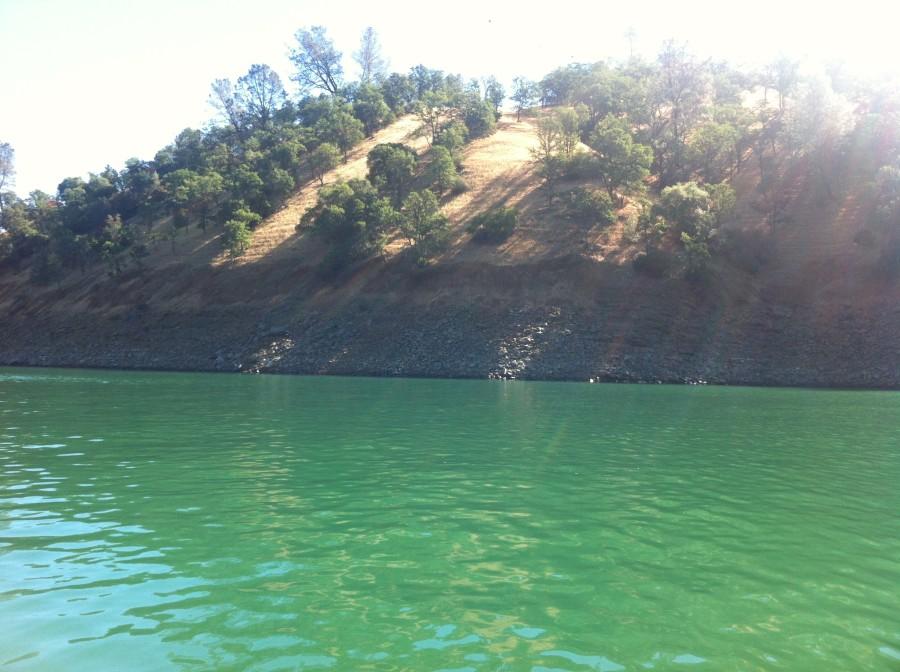California is in for the driest summer in years.
Sierra Nevada Mountains’ snowfall has only reached 5 percent of annual averages.
This week, California water officials preformed one of their regular measurements of the state’s snowpack and confirmed that it is drastically lower than of other years’.
The decrease of snow accumulation in the mountains will greatly affect the state water supply later in the summer.
“Even though the state has been in the drought for a few years, this summer, it will affect the lives of Californians the most. We constantly have to be conscious of our water usage and find ways to conserve,” said junior Claire Boman.
Each winter, the mountains, specifically the Sierra Nevada, accumulate snow and acts as water storage. As temperatures increase, the snow melts feeding streams, rivers, and reservoirs throughout the year. According to California water officials, these mountains provide the state with 30 percent of water used each year.
Around April, the snowpack tends to be at its peak; however due to low precipitation and high temperatures, the collected amount of snow is lower.
Going into the fourth year of the drought, the low snowpack means there will be very little water this summer.
Governor Jerry Brown responded to these low snowpack by ordering the state’s first executive order mandating reduced water use statewide.
Brown’s executive order calls for a mandatory 25 percent cut in water use for all cities. In addition, California agriculture will not receive any water from local reservoirs for the second year in a row.
“The reduction of the water use per city will drastically change lives of many students. We have to take faster showers and plan to have a burnt lawn this year. I wouldn’t be surprised it fake plants make their debut to popularity later this year,” said senior Kirra Lockus.
Furthermore, the state is emphasizing drought-tolerant landscapes and appliances. Partnered with local governments, homeowners, who replace old appliances with newer energy and water efficient, will receive rebates.
Belmont Parks and Recreation Committee member Alex Singer said, “The committee has decided to replace the Belmont Sports Complex grass soccer field with turf. This will ultimately save water and reduce the city’s expenses and will be open by 2016.”
As the the California drought gains worse in magnitude and from state to city, drastic measures have been taken.
To find ways on how to conserve water, click here.


